Summaries of books about Philosophy of Science:

Writing Science
How to Write Papers That Get Cited and Proposals That Get Funded
Joshua Schimel
The book provides practical guidance on crafting scientific papers and proposals with clarity and impact, emphasizing the storytelling aspect of science writing. It covers the structure of scientific arguments, the importance of language and style, and strategies for targeting the right audience to maximize citations and funding success.
See full summary
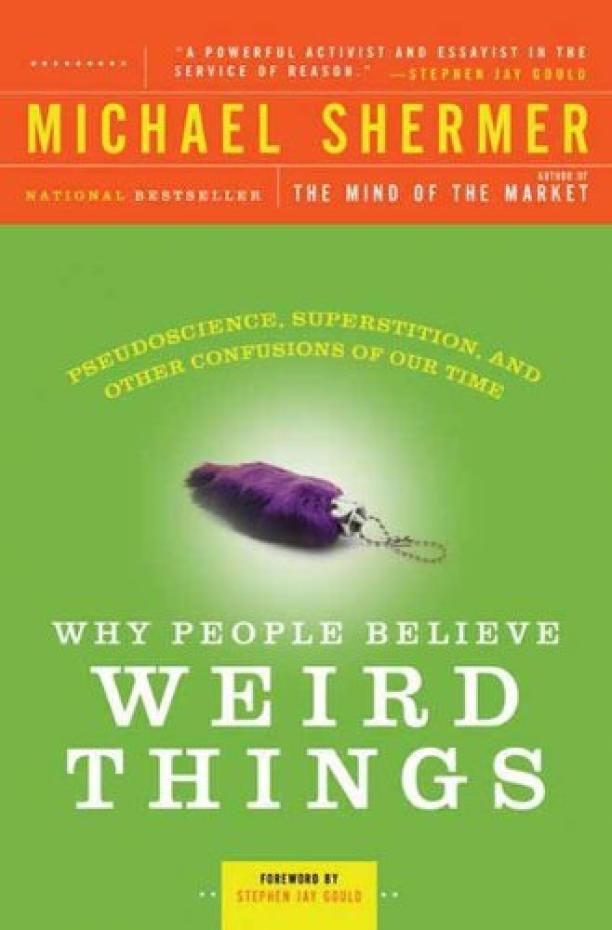
Why People Believe Weird Things
Pseudoscience, Superstition, and Other Confusions of Our Time
Michael Shermer
The book critically examines a range of pseudoscientific concepts and superstitions, exploring the reasons behind people's attraction to these beliefs despite the lack of empirical evidence. It delves into the cognitive biases and social factors that contribute to the acceptance of the paranormal, creationism, and other unfounded ideas.
See full summary
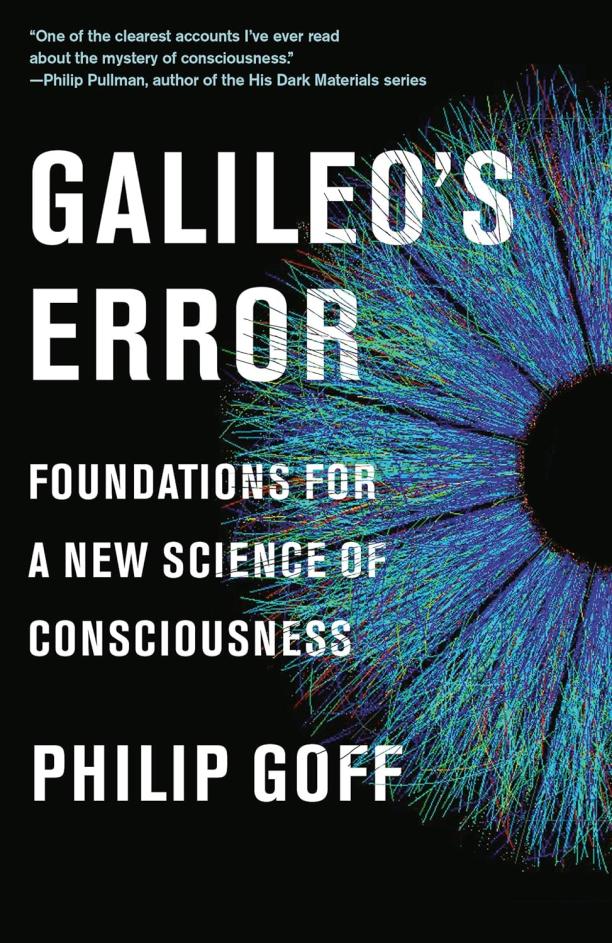
Galileo's Error
Foundations for a New Science of Consciousness
Philip Goff
The book presents an argument for panpsychism, the philosophical view that consciousness is a fundamental feature of the universe present even at the atomic level. It critiques materialist approaches to understanding consciousness and proposes that integrating consciousness into the scientific worldview can lead to a more comprehensive understanding of the nature of reality.
See full summary
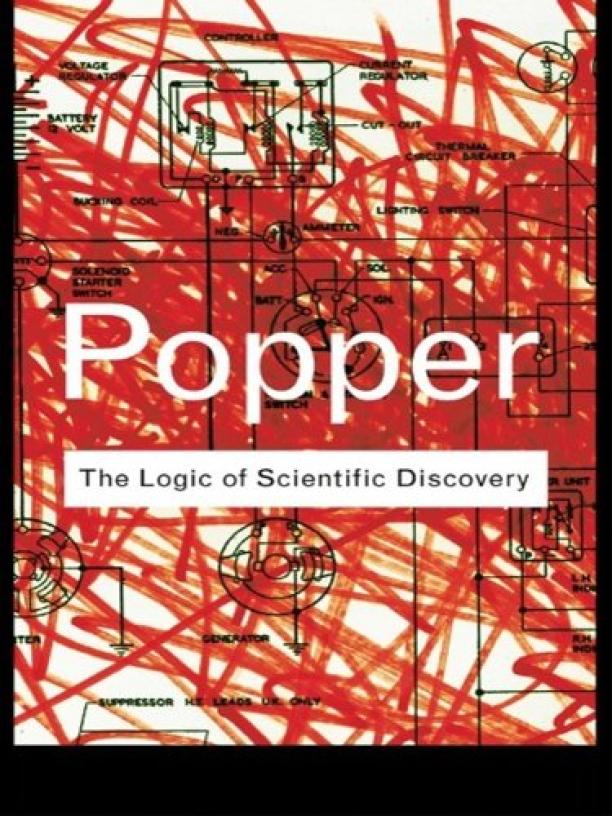
The Logic of Scientific Discovery
Karl Popper
The book introduces the philosophy of critical rationalism, emphasizing the importance of falsifiability as a criterion for distinguishing scientific theories from non-scientific ones. It critiques the traditional inductivist views of the scientific method and argues for the necessity of empirical refutation in the growth of scientific knowledge.
See full summary
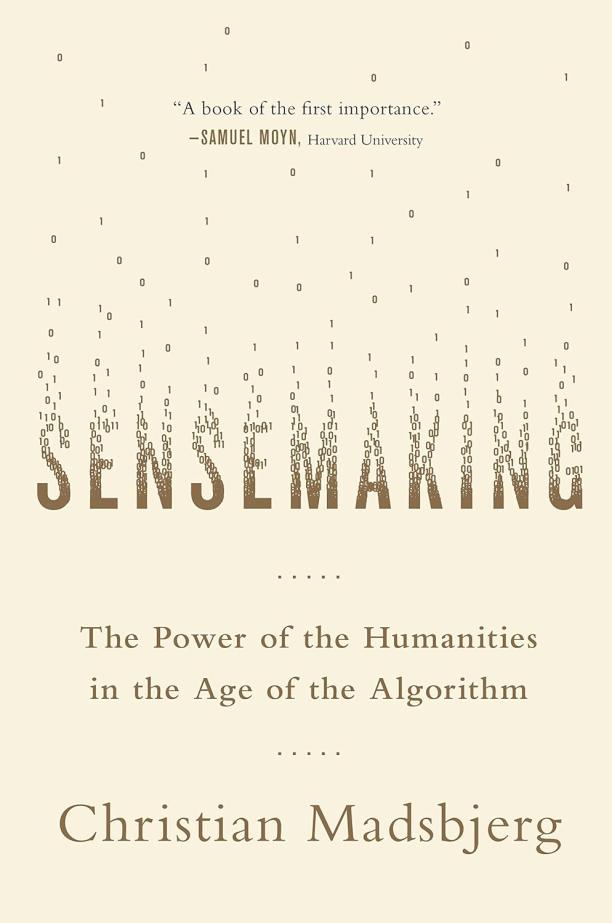
Sensemaking
The Power of the Humanities in the Age of the Algorithm
Christian Madsbjerg
The book argues for the importance of humanistic thinking and the study of humanities in understanding complex human behaviors, particularly in a world increasingly dominated by data and algorithms. It emphasizes the value of context, culture, and human experience in making sense of the world, challenging the notion that quantitative data alone can provide all the answers.
See full summary
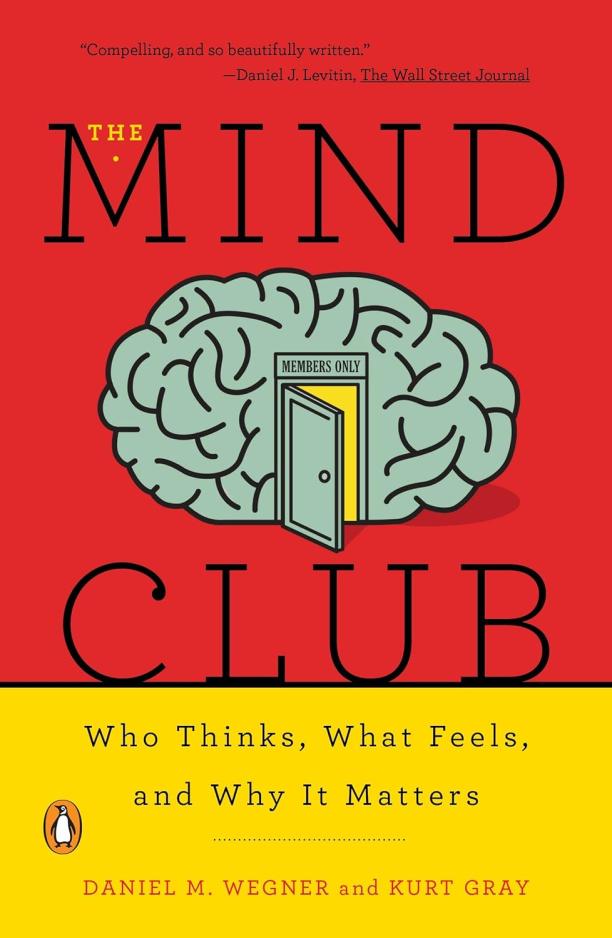
The Mind Club
Who Thinks, What Feels, and Why It Matters
Daniel M. Wegner|Kurt Gray
The book explores the concept of minds, examining how we attribute mental capacities to various entities, from animals to corporations, and how this affects our moral and social judgments. It delves into the psychology behind why we perceive certain beings as having thoughts and feelings, and the implications this has on our behavior and ethics.
See full summary
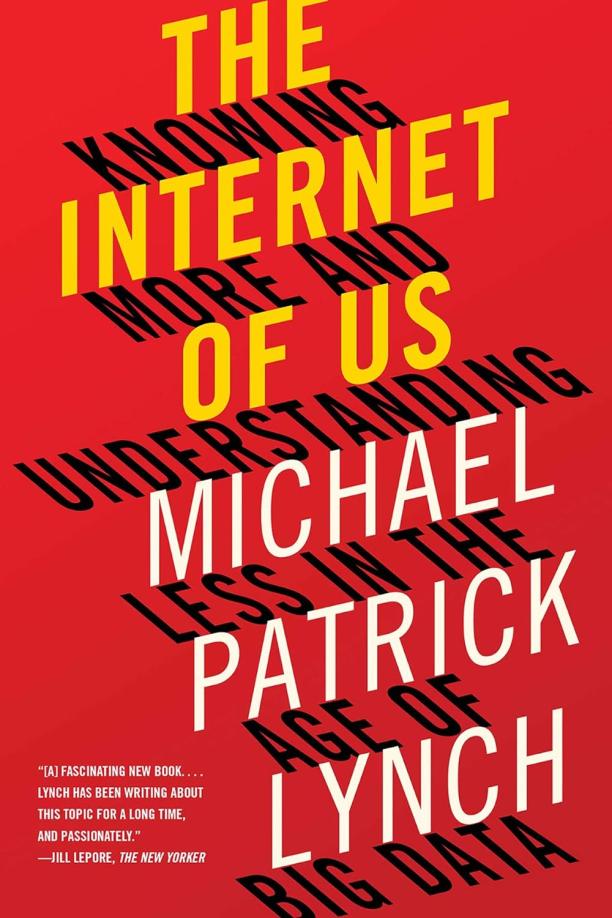
The Internet of Us
Knowing More and Understanding Less in the Age of Big Data
Michael P. Lynch
The book explores the paradox of the digital age, where access to vast amounts of information online does not necessarily translate into greater understanding or wisdom. It delves into the impact of big data and algorithms on knowledge, truth, and human cognition, questioning how technology shapes what we know and how we think.
See full summary

The Illusion of Conscious Will
Daniel M. Wegner
The book explores the psychological processes behind the feeling of conscious control, arguing that our sense of will is an illusion created by the brain. It delves into how actions are initiated by unconscious mechanisms and how the conscious mind only becomes aware of them after the fact, leading to the false belief that it has directly caused them.
See full summary
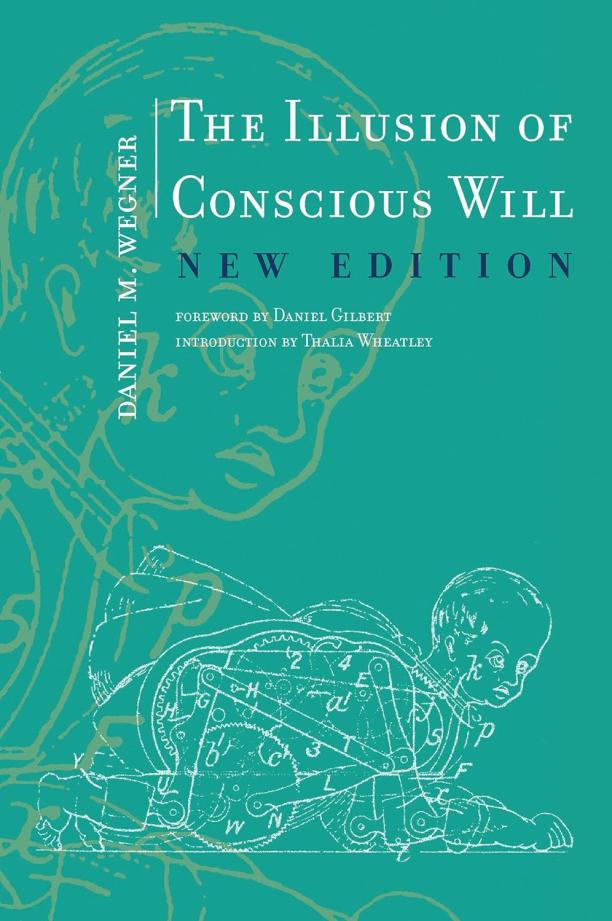
The Illusion of Conscious Will
Daniel M. Wegner
The book explores the psychological processes behind the feeling of conscious control over actions, arguing that this sense of will is an illusion created by the mind. It delves into how thoughts and actions are often unconsciously initiated and that the conscious experience of will is a retrospective construction rather than a cause of behavior.
See full summary